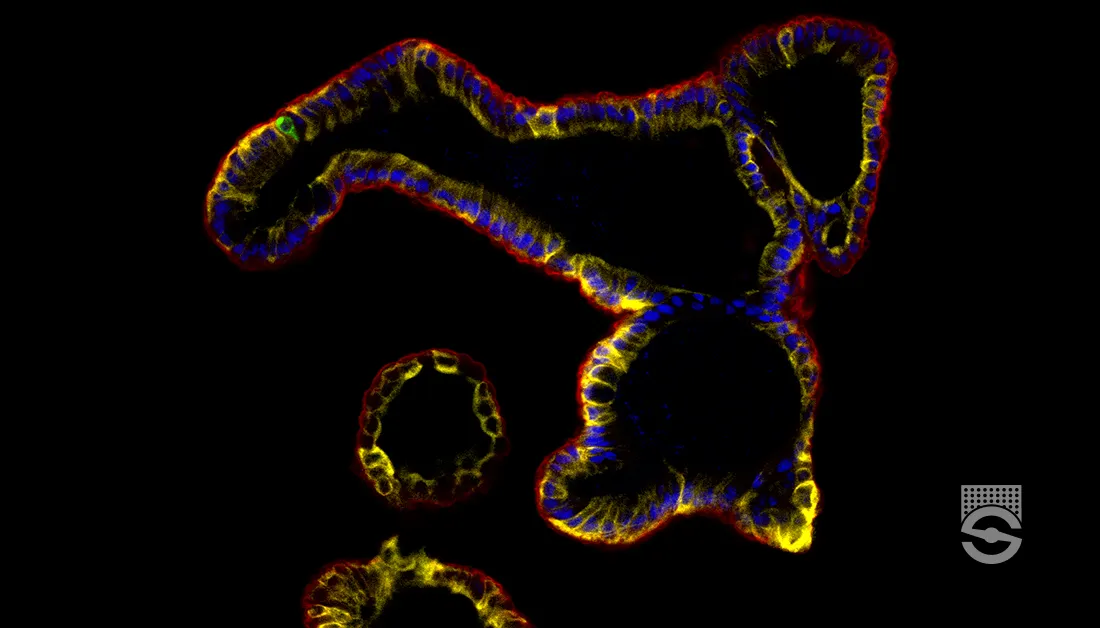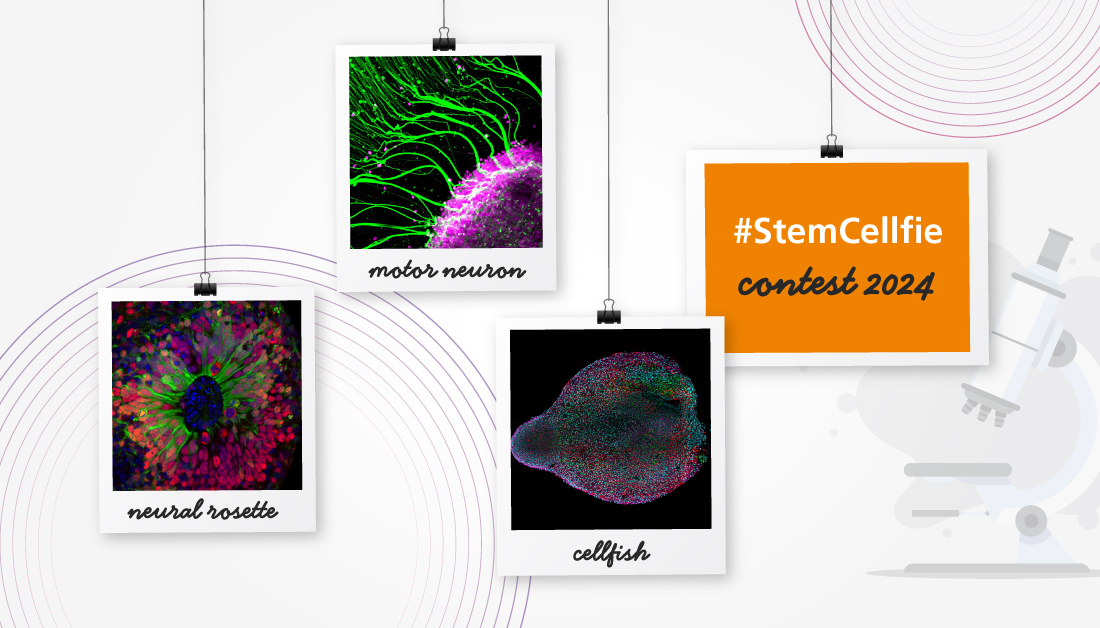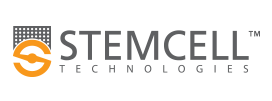Histotechnology is a specialty subject within the profession of Biomedical Science, often called Medical Laboratory Science or Medical Laboratory Technology.
Histotechnologists work in laboratories that look at animal and plant tissues and organs (including human tissues) with the aid of a light microscope. In order to examine tissues microscopically, high quality microscope slide preparations are required. This preparatory work is done by histotechnologists. The preparations are then examined by other scientists. The most common use is in health care, where it helps a pathologist determine whether a patient has cancer or some other disease process. It is also used in veterinary medicine, plant pathology and in various kinds of research. A related specialty does similar preparatory work for examination of materials by the electron microscope.
The process used involves:
- Record keeping to ensure there are no errors in identification.
- Chemical preservation of the material to be examined.
- Hardening and supporting the material with media, such as paraffin wax or plastic.
- Cutting a very thin slice so that enough light can pass through to make individual components visible.
- Staining components in contrasting colours to increase visibility and make examination easier.
- Storing the finished product for future reference.
Other subjects within Biomedical Sciences include:
- Hematology: Examination of blood and its constituents from the standpoint of its functioning.
- Immunohematology: Collection, examination and preparation of blood and its components before transfusion.
- Microbiology: Identification of bacteria, fungi and viruses that cause disease.
- Clinical Chemistry: Measurement of chemicals and biologically active compounds found in body fluids.
If you are interested in Medical Laboratory Technology or Histotechnology as a career and live in Canada, contact the Canadian Society for Medical Laboratory Science. In other countries, contact the laboratory at your local hospital and ask a Biomedical Scientist to give you the name and address of your national association for laboratory sciences.





